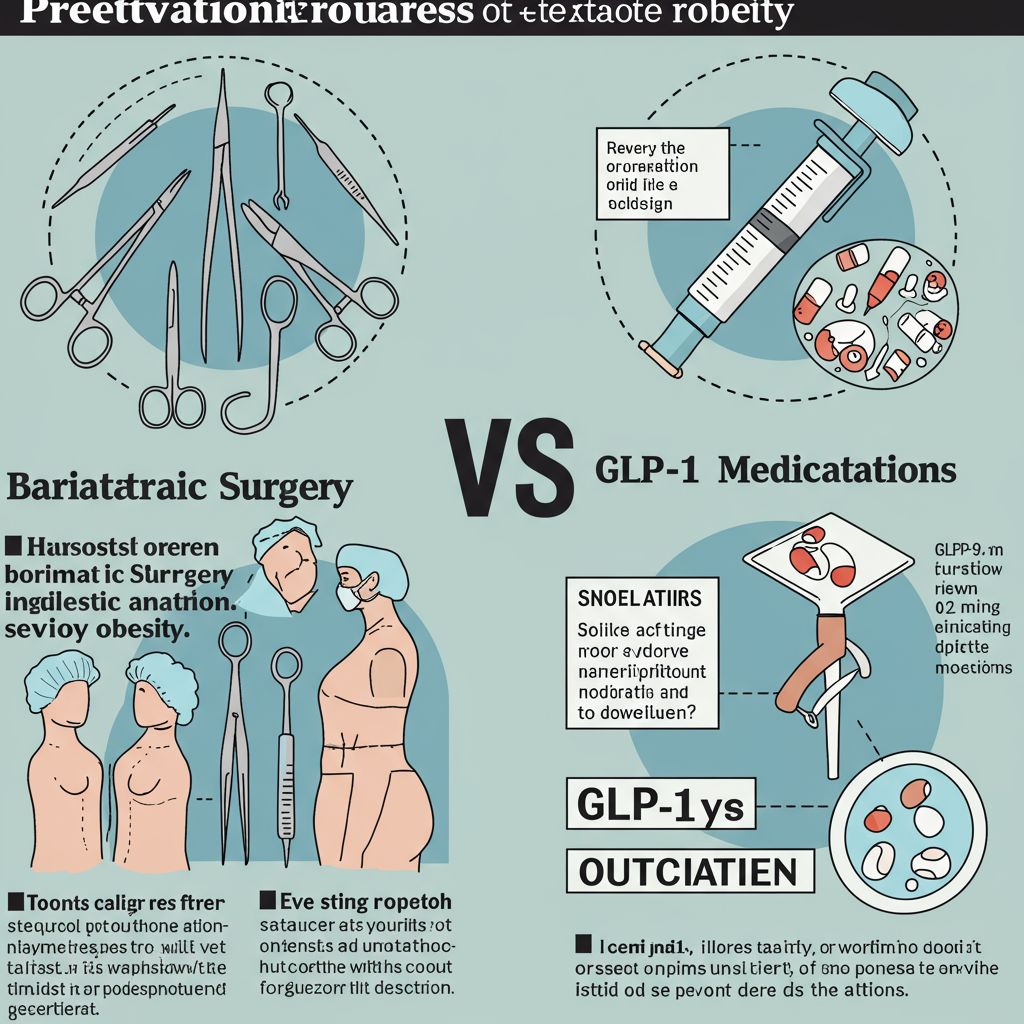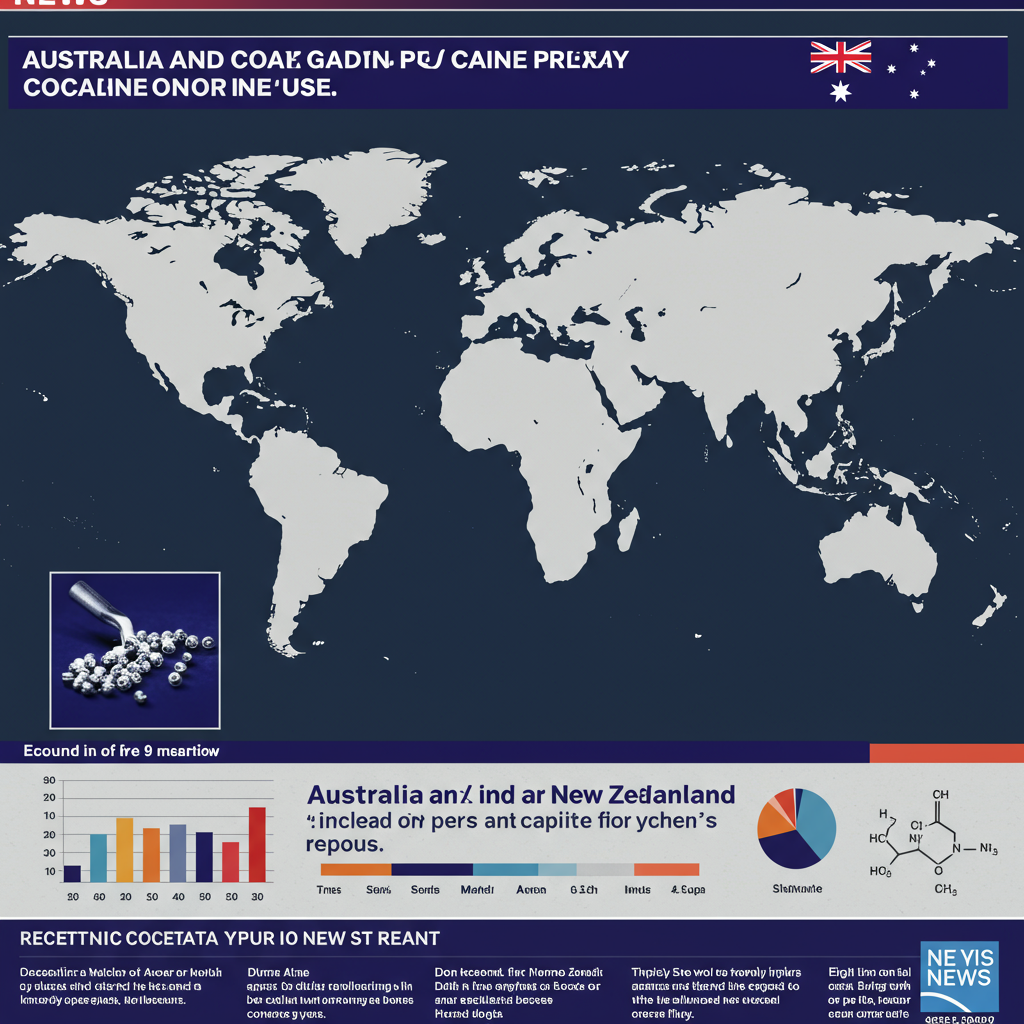For many years, bariatric surgery was the most effective option for significant, long-term weight loss in individuals with severe obesity. More recently, a new class of medications, GLP-1 receptor agonists (like semaglutide and tirzepatide found in drugs such as Wegovy, Zepbound, and Ozempic), have emerged as powerful tools, often hailed as “game changers.” This has sparked a crucial question: Which approach is better for weight loss outcomes?
A recent large “real-world” study presented at the American Society for Metabolic and Bariatric Surgery meeting offers compelling data, comparing results from patients on GLP-1 drugs to those who underwent bariatric surgery. The findings show a notable difference in weight loss effectiveness outside of controlled clinical trial settings.
Real-World Results: Surgery Shows Superior Weight Loss
The study, which analyzed data from over 50,000 patients treated at NYU Langone Health and NYC Health + Hospitals, found that bariatric surgery led to significantly greater weight loss compared to GLP-1 medications over a two-year period.
Key findings from the study include:
Patients who underwent bariatric surgery (such as sleeve gastrectomy or gastric bypass) lost, on average, about 24% of their initial body weight, translating to roughly 58 pounds.
Patients prescribed GLP-1 drugs for at least six months lost considerably less, averaging around 5% of their body weight, or approximately 12 pounds.
This indicates that bariatric surgery resulted in about five times more weight loss than GLP-1s in this real-world comparison.
Even patients who stayed on GLP-1 medication for a full year still lost significantly less weight than those who had surgery, with average weight loss around 7-9% in some cohorts.
Study authors noted that this real-world effectiveness of GLP-1s is “considerably lower” than the 15-21% weight loss often reported in highly controlled clinical trials.
Why the Gap Between Clinical Trials and Real Life?
Several factors may contribute to the difference between GLP-1 results seen in clinical trials versus those in real-world settings:
Discontinuation Rates: A major challenge with GLP-1 medications is patient adherence. Studies show that up to 70% of people stop taking these weekly injections within one year. Reasons include high cost, side effects (like nausea or diarrhea), and the perception that the drug isn’t needed once some weight is lost. Since obesity is a chronic condition, GLP-1s typically require lifelong use to maintain weight loss.
Less Oversight: Clinical trials often involve experienced doctors, strict protocols, and close patient follow-up. In the real world, prescribing varies widely, including via telemedicine or through less experienced practitioners, potentially leading to less careful dose titration and support.
Cost and Access: The high price of GLP-1 drugs without robust insurance coverage remains a significant barrier for many patients, making consistent, long-term use difficult. This is particularly evident in adolescent trends, where despite GLP-1 availability, bariatric surgery rates have increased, potentially due to insurance coverage limitations for the medications.
Bariatric Surgery: The Gold Standard for Significant & Durable Loss
Bariatric surgery achieves substantial weight loss by permanently altering the digestive system, reducing stomach size and limiting food intake. This anatomical change serves as a constant “tool” for portion control. Beyond weight loss (typically 20-50% of initial weight), surgery offers other significant health benefits:
Greater Cardiovascular Protection: Surgery can lead to a 40% reduction in major adverse cardiovascular events, compared to around 20% seen with GLP-1s.
Reduced Mortality Risk: Studies show bariatric surgery is associated with a significantly lower mortality risk in patients with conditions like diabetes compared to medication alone.
Improved Co-morbidities: Surgery is highly effective at resolving or improving obesity-related conditions like type 2 diabetes, high blood pressure, sleep apnea, and acid reflux (which can sometimes worsen with GLP-1 use).
Potential Mental Health Benefits: Intriguingly, another study presented at the same ASMBS meeting found that bariatric surgery patients were significantly less likely to develop certain psychiatric disorders, such as cognitive deficits, anxiety, and substance abuse issues, compared to those on GLP-1 drugs. This may be related to the faster, more consistent results achieved with surgery.
Long-Term Cost-Effectiveness: While surgery has a higher upfront cost, it is often more cost-effective in the long run compared to the ongoing, high annual expense of GLP-1 medications, especially when considering quality-adjusted life years.
However, surgery is an invasive procedure with potential risks like bleeding and infection.
GLP-1 Medications: A Powerful Tool, Especially When Integrated
Despite surgery’s superior weight loss outcomes in this real-world data, experts emphasize that GLP-1 drugs are still a crucial and valuable tool in treating obesity. They mimic natural gut hormones to signal fullness, reducing appetite.
GLP-1s are an excellent option for patients who:
Do not qualify for surgery.
Are averse to invasive procedures.
May need significant weight loss but not necessarily the 40-50%+ often seen with surgery.
Furthermore, the medical community is increasingly seeing GLP-1s and bariatric surgery not as competing options, but as complementary components of comprehensive obesity care. GLP-1s can serve as a “gateway” to treatment for patients who may not initially consider surgery, bringing them into the healthcare system for obesity management. They can also be used effectively before surgery to help patients lose weight, making the procedure safer, particularly for those with very high BMIs. Studies even suggest combining both approaches could be the most cost-effective strategy for improving health outcomes over time.
GLP-1s are also being explored for other benefits beyond direct weight loss, with research suggesting reduced risks for conditions like respiratory failure, gangrene, and seizures.
Making the Choice: It’s Individualized
Deciding between GLP-1 medication and bariatric surgery is a complex, personal choice that should be made in close consultation with a healthcare provider specializing in obesity medicine or surgery. Key factors to discuss include:
Desired Weight Loss: Surgery generally offers greater potential for substantial weight loss.
Tolerance for Lifelong Medication: GLP-1s typically require continuous use, while surgery is a one-time anatomical change (though weight recurrence is still possible). Do you want to take medication indefinitely?
Existing Health Conditions: Some conditions like acid reflux may respond differently to each treatment.
Preference for Invasive vs. Non-Invasive: Surgery is invasive; GLP-1s are administered via injection.
Cost and Insurance Coverage: Access and affordability remain major hurdles for GLP-1 drugs.
Readiness for Lifestyle Change: Both options are tools that work best when combined with significant diet and exercise changes.
Mental Health Considerations: Discuss potential mental health impacts with your doctor, especially given the recent study linking surgery to a reduced risk of certain psychiatric issues.
In conclusion, while groundbreaking GLP-1 drugs are transforming obesity care and offering a vital medical pathway, recent real-world data underscores that bariatric surgery currently remains superior for achieving the most significant and sustained weight loss. The future of obesity treatment likely lies in integrating these powerful tools into personalized care plans to help individuals achieve their best possible health outcomes.




